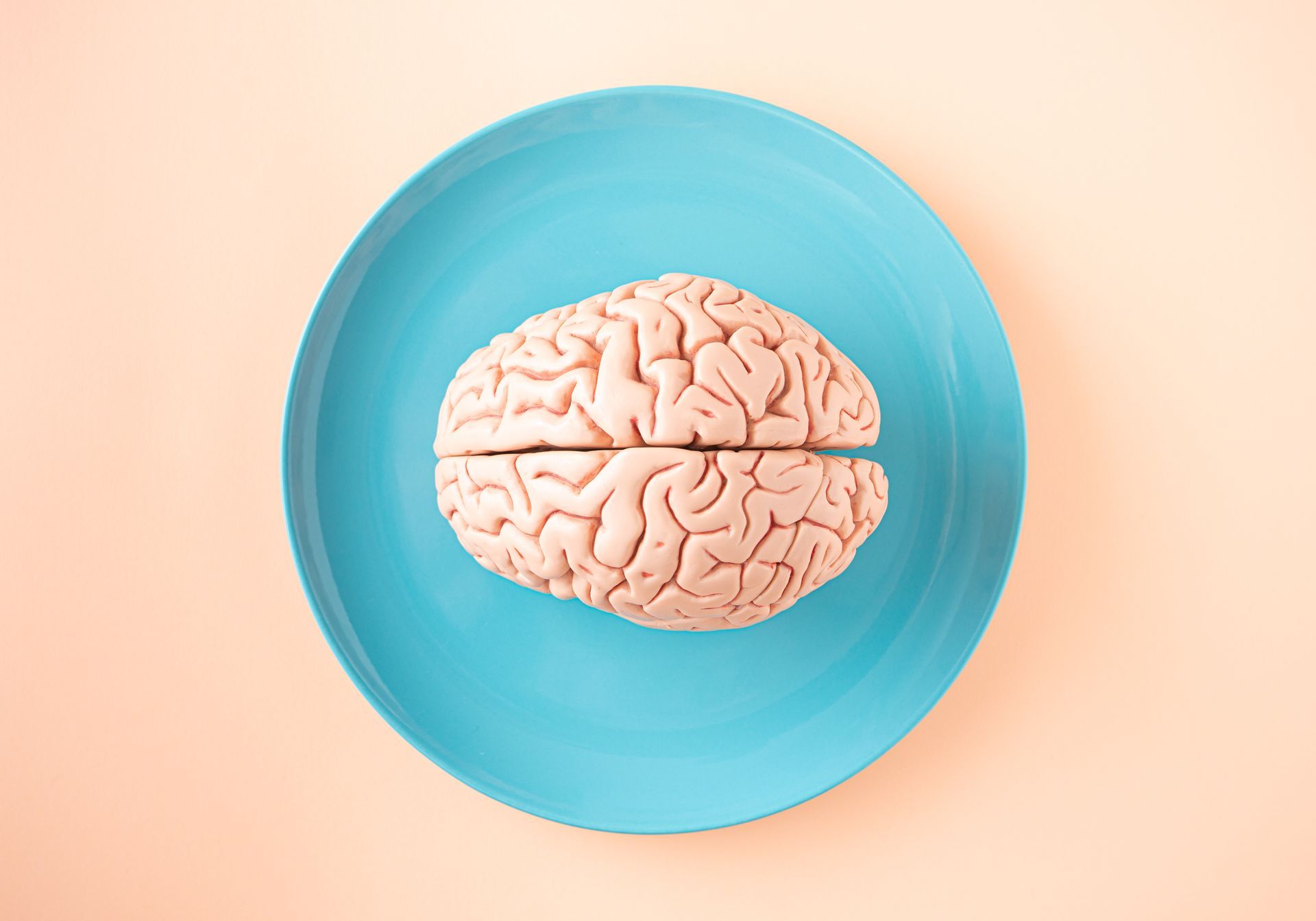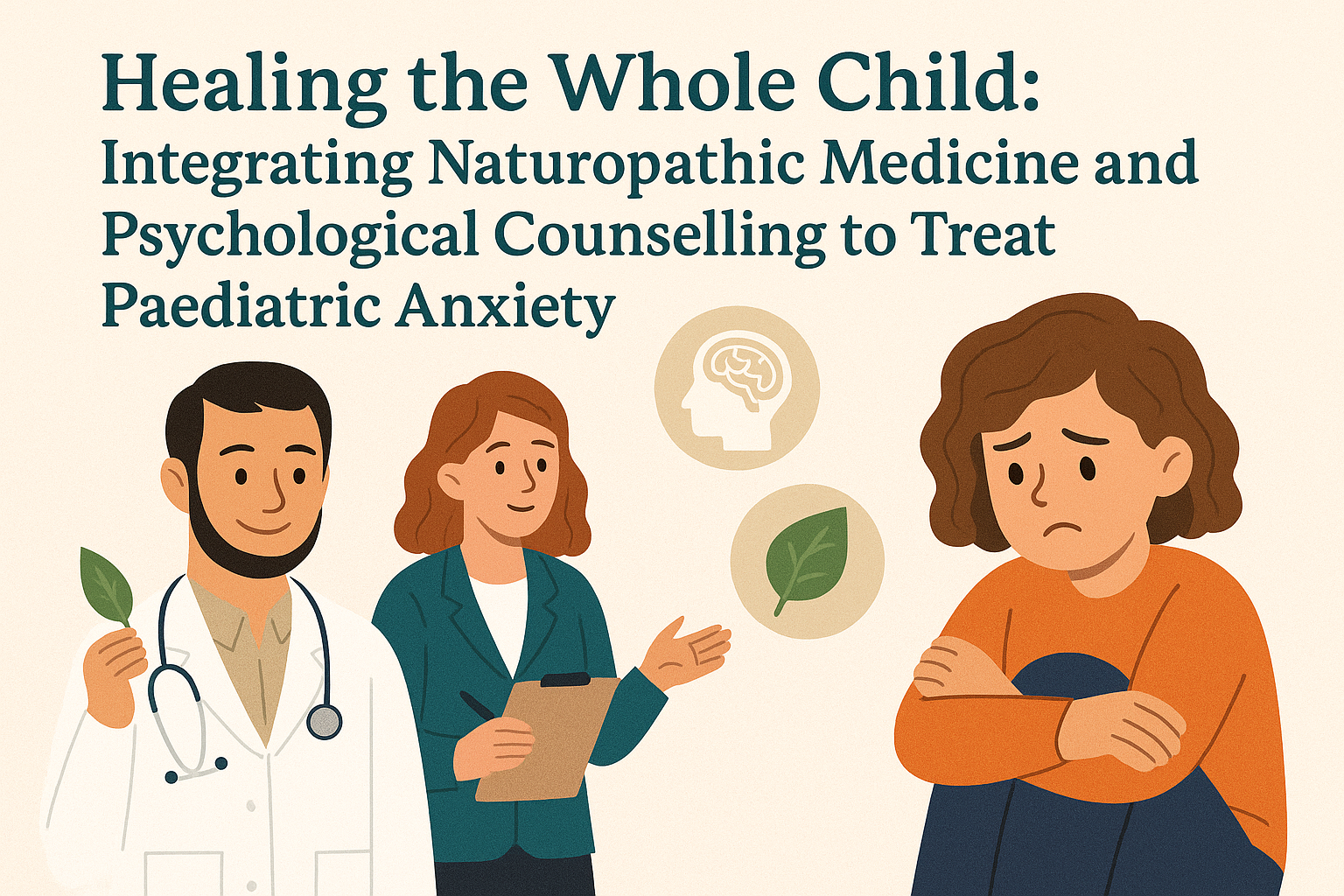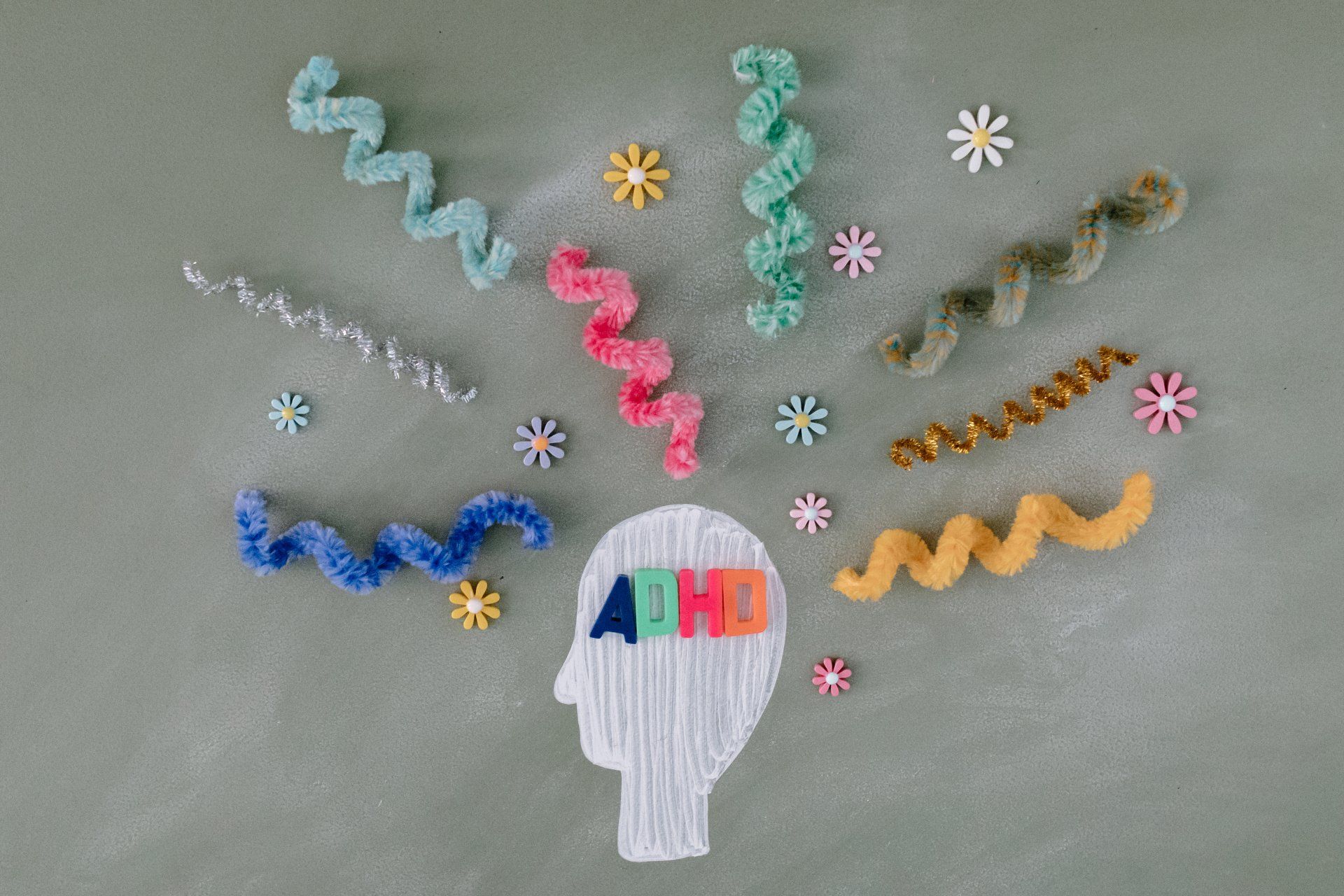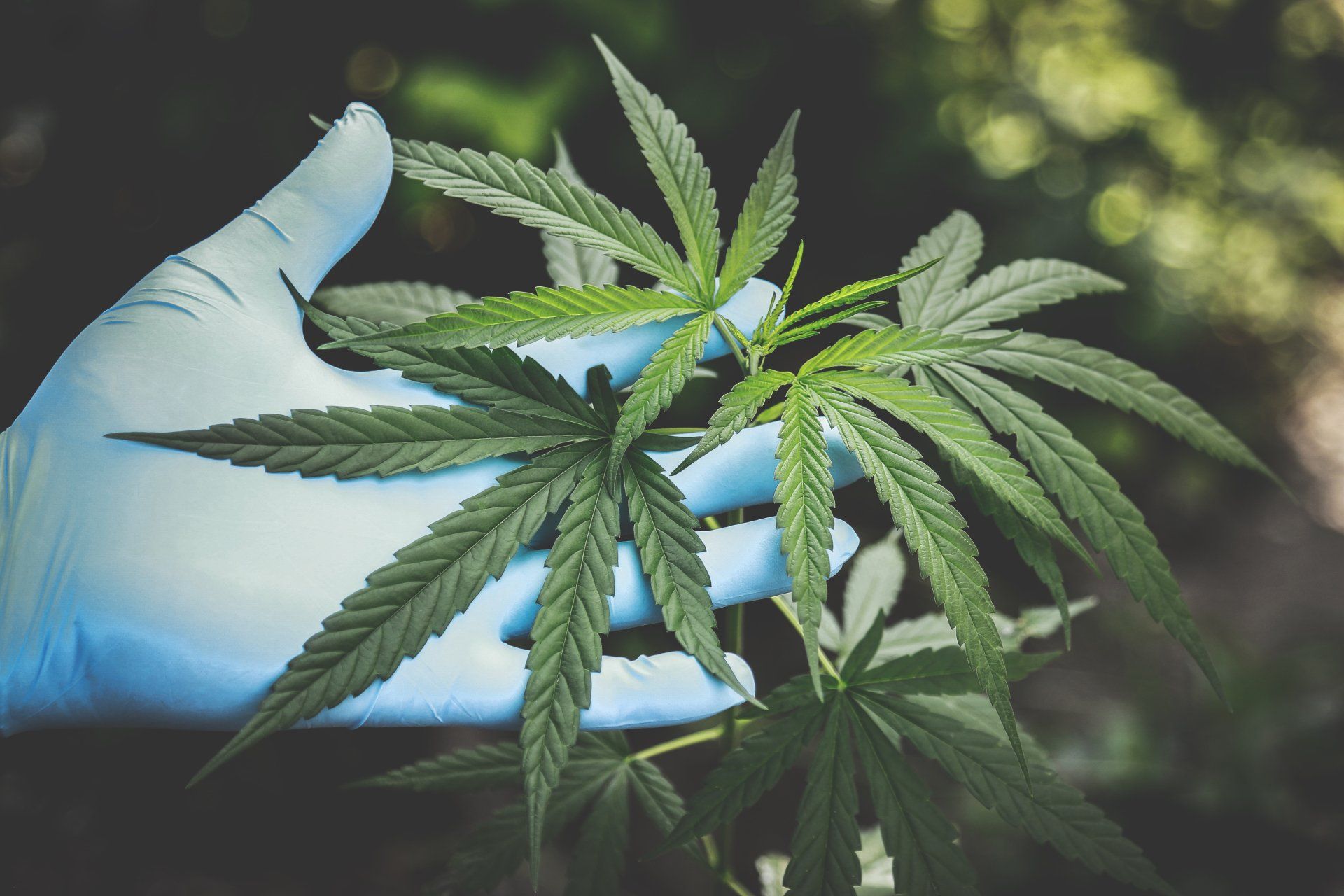Safe Supplements for Healthy Brains
Nutrition for your Growing Child

As a parent, you want to ensure your child is healthy both physically and mentally. In an age where mental health issues are on the rise, parents are taking a proactive approach by giving their children safe supplements for healthy brains. As the brain develops in the early years, it requires an abundance of nutrients to support its growth and optimize cognitive function. In this blog post, we will discuss natural supplements that are safe for your child and will help improve their brain function.
Omega-3 Fatty Acids
Omega-3 fatty acids are essential for healthy brain development. These can be found in nuts, fish, and certain oils. If your child is a picky eater, they may not be getting enough of these fatty acids by just having them in their diet. Consider supplementing with omega-3 supplements. Studies have shown that these supplements can improve cognitive function, memory, focus, and behavior in children.
Research
- The first study titled "Influences of micronutrient and omega-3 fatty acid supplementation on cognition, learning, and behavior: methodological considerations and implications for children" investigated the effects of micronutrient and omega-3 polyunsaturated fatty acid (n-3 PUFA) supplementation on children's cognition, learning, and behavior. While the exact dosage used isn't mentioned, the study focused on children and adolescents living in developed countries. The methods used included a controlled trial where children were given either omega-3 supplements or a placebo. The results indicated that omega-3 supplementation had a positive impact on children's cognitive abilities when compared to a placebo group1.
- The second study titled "Reduced symptoms of inattention after dietary omega-3 fatty acid supplementation in boys with and without attention deficit/hyperactivity disorder" investigated the effects of dietary omega-3 fatty acid supplementation on ADHD symptoms and cognitive abilities in children. In this study, the majority of children with ADHD received omega-3 supplements. The methods used included a controlled trial, and the variables measured were ADHD symptoms and cognitive abilities. The results suggested that omega-3 supplementation helped reduce symptoms of inattention in boys with and without ADHD2.
Vitamin B Complex
Vitamin B complex is essential for brain function, especially vitamin B12 and B6. These vitamins are critical in the production of neurotransmitters - the chemicals that help brain cells communicate. Sources of vitamin B complex include eggs, leafy vegetables, and meat. Give your child a multivitamin containing vitamin B complex to ensure they get an adequate intake.
Research
The study titled "The effects of nutritional interventions on the cognitive development of preschool-age children: A systematic review" examined the impact of various supplement-based interventions, including B-vitamin, on children’s cognition1.
Methodology: This study was a systematic review, which means it included several individual studies in its analysis. The exact sample size and length of trials varied across these studies, but all focused on preschool-age children.
Key Findings: While some trials in the review failed to find a significant impact of B-vitamin supplementation on cognition, others showed positive results.
Limitations: The main limitation identified in this study was the variability in the quality and design of the included trials, making it difficult to draw definitive conclusions.
Another important study titled "Addressing optimal folate and related B-vitamin status through the lifecycle: health impacts and challenges" argued that evidence exists demonstrating the benefits of B-vitamin supplementation on cognitive function in children2.
Implications: These findings suggest that B-vitamin supplements may have potential benefits for children's cognitive development. However, due to the mixed results and limitations in the studies, they should be used as part of a balanced diet and under the guidance of a healthcare professional. It's also worth noting that more research is needed to confirm these findings and determine the optimal dosage of B-vitamin supplements for children.
Zinc
Zinc is an essential mineral required for brain cell development and communication. It is also vital in neurotransmitter production. Add foods such as lentils, beans, and whole grains to your child's diet to boost their zinc intake. Alternatively, consider a zinc supplement if their diet does not provide adequate amounts.
Research
- Study Title: "Zinc in attention-deficit/hyperactivity disorder"1
Methodology: This study analyzed the effects of zinc supplementation in children with attention-deficit/hyperactivity disorder (ADHD). The exact sample size and methodology details are not provided in the abstract.
Results: The study suggests that zinc supplementation may have a potential benefit in managing the symptoms of ADHD, which include cognitive issues such as difficulty focusing and impulsivity. - Study Title: "Effect of iron and zinc-biofortified pearl millet consumption on growth and immune competence in children aged 12–18 months in India"2
Methodology: This study assessed the impact of consuming iron and zinc-biofortified pearl millet on the growth and immune competence in children aged 12-18 months. The exact sample size is not mentioned in the abstract.
Results: While the abstract does not provide specific results related to cognitive function, it implies that zinc and iron supplementation may have a positive effect on overall health and development, potentially benefiting cognitive health as well.
The potential benefits of zinc supplementation on cognitive function can be linked to zinc's role in neuronal signaling. Zinc is crucial for brain development and function, and deficiencies in this micronutrient can lead to alterations in brain function and behavior3. Therefore, ensuring adequate zinc intake during childhood could support long-term cognitive health.
Choline
Choline is an essential nutrient that is necessary for healthy brain development. It is found in the egg yolks, liver, and peanuts. Children who consume adequate amounts of choline have shown better memory and cognitive functions. A choline supplement can be considered if your child's diet does not provide the recommended daily intake.
Research
Study Title: "Prenatal choline supplementation improves child sustained attention: A 7‐year follow‐up of a randomized controlled feeding trial"1
- Methodology: This study was a 7-year follow-up of a randomized controlled feeding trial that investigated the effects of maternal choline supplementation on offspring cognition. The exact sample size isn't mentioned in the abstract.
- Results: The study found that prenatal choline supplementation improved sustained attention in children, indicating its potential to enhance cognitive performance.
Study Title: "Maternal choline supplementation during the third trimester of pregnancy improves infant information processing speed: a randomized, double-blind …"2
- Methodology: This was a randomized, double-blind study that examined the impact of maternal choline supplementation during the third trimester of pregnancy on infant information processing speed. The exact sample size and length of the study aren't provided in the abstract.
- Results: The study reported that third-trimester choline supplementation improved children’s performance on visual memory tasks at age 7 years, suggesting a positive effect on cognitive function.
Probiotics
Probiotics are good bacteria that are essential for a healthy gut. Studies have shown that a healthy gut can improve cognitive function and reduce anxiety and depression. Add foods such as fermented foods or consider a daily probiotic supplement to improve your child's gut health.
Research
While traditionally linked to gut health, emerging research suggests that these friendly microbes may also play a crucial role in cognitive development in children. Let's explore some of the recent studies that have delved into this fascinating connection.
One such study titled "Effect of probiotic supplementation on cognitive function in children and adolescents: A systematic review of randomised trials" revealed promising results1. The researchers conducted a systematic review, a type of study that combines the findings from multiple individual studies. Although the exact sample size wasn't mentioned, the review concluded that probiotic supplementation had a positive impact on cognitive function in children and adolescents. However, the degree of improvement varied depending on the specific type of probiotic used.
Another study titled "Effect of early probiotic supplementation on childhood cognition, behaviour and mood: a randomised, placebo-controlled trial" took a closer look at the influence of early-life probiotic supplementation on cognitive development2. The researchers hypothesized that children who received probiotics early in life would demonstrate superior cognitive abilities. The study's findings supported this hypothesis, indicating a significant correlation between early probiotic intake and enhanced cognitive performance.
Click here for my online store with only the best practitioner quality brands.
Conclusion
In conclusion, as a parent, you want to ensure your child is healthy both physically and mentally. Giving them safe supplements for healthy brains in the early years can set them up for success as they grow older. Omega-3 fatty acids, vitamin B complex, zinc, choline, and probiotics are all natural supplements that can benefit your child's brain development. However, before starting any supplement regimen, it is always recommended that you consult with your child's Naturopathic Doctor or Pediatrician. With a little bit of effort, you can give your child the best start in life!
Footnotes
Source
↩
Source
↩
Source
↩
Source
Source
↩
Source
↩
Source
↩
Source
↩
Source
↩
Source
↩
Source
↩









